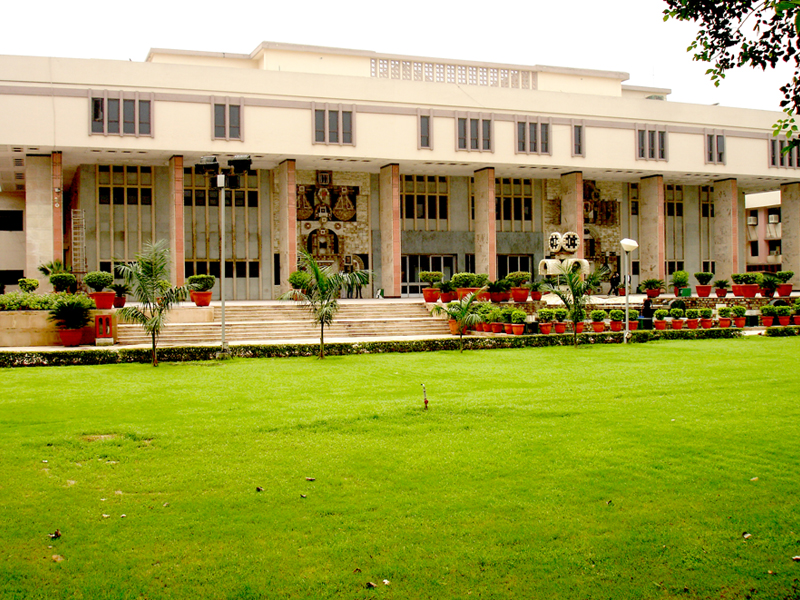Delhi High Court dismisses a request to excuse a delay of 565 days, stating that NGOs and their senior officials are expected to keep track of lists.

The Delhi High Court rejected an application from an NGO that sought to excuse a delay of over a year in filing an appeal related to a money recovery case. The court noted that an educated person involved in litigation should keep track of their case. The NGO, along with its President and Secretary, filed the application to excuse a delay of 565 days in appealing a money recovery judgment under Section 96 CPC. Justice Girish Kathpalia stated that simply hiring a lawyer does not relieve a litigant of the responsibility to monitor their case. He emphasized that accepting the applicant’s claims without proper evidence would unfairly judge the previous lawyer without giving them a chance to respond.
Advocate Mir Adnan Zahoor represented the appellants, arguing that the appellants should not be penalized for the misconduct of their former lawyer. The appellants claimed they were not familiar with legal procedures, which contributed to the delay in filing the appeal.
The court noted that the case had been ongoing since 2016. The appellants did not provide the Trial Court’s order sheets to show how many times they had been granted adjournments. After granting an adjournment, the Trial Court allowed the appellants’ lawyer to present arguments on any working day. However, the Bench observed that the appellants chose not to take this opportunity and did not appear to present their arguments.
The Bench referred to Section 5 of the Limitation Act, stating that if an applicant can show the court that they were unable to file an appeal or application due to circumstances beyond their control, the court can choose to allow a delay in filing. This discretion must be used wisely, considering established principles over time. One key principle is that the reasons given by the applicant for the delay should be viewed favorably.
The Court found it hard to accept the claims of misconduct against the previous counsel for the appellants. Without any formal complaint to the Bar Council, accepting these allegations would unfairly judge the former counsel without a chance to respond. The Bench noted that an educated urban litigant cannot expect the same leniency as an uneducated rural litigant. While the latter may rely entirely on their counsel and lose track of their case, the former should be more proactive. An educated litigant’s responsibility goes beyond just paying their lawyer; they should actively monitor their case. In this instance, the appellants are not uneducated individuals but a registered NGO with knowledgeable leaders, so they should be expected to stay informed about their legal matters.
The court stated that the appellants should have monitored the money recovery case against them, but they chose not to and failed to ensure their lawyer presented final arguments in the Trial Court. They could not justify the significant delay by blaming their former lawyer’s misconduct, as they had been inactive throughout the case leading to the judgment and decree. The court dismissed their request, saying, “It would be unfair to allow the delay in filing the appeal, forcing the winning party to go through another round of legal proceedings.”
Cause Title: Jan Chetna Jagriti Avom Shaikshanik Vikas Manch v. Sh Anand Raj Jhawar Sole Proprietor of M/s RR Agrotech (Neutral Citation: 2025:DHC:934)








